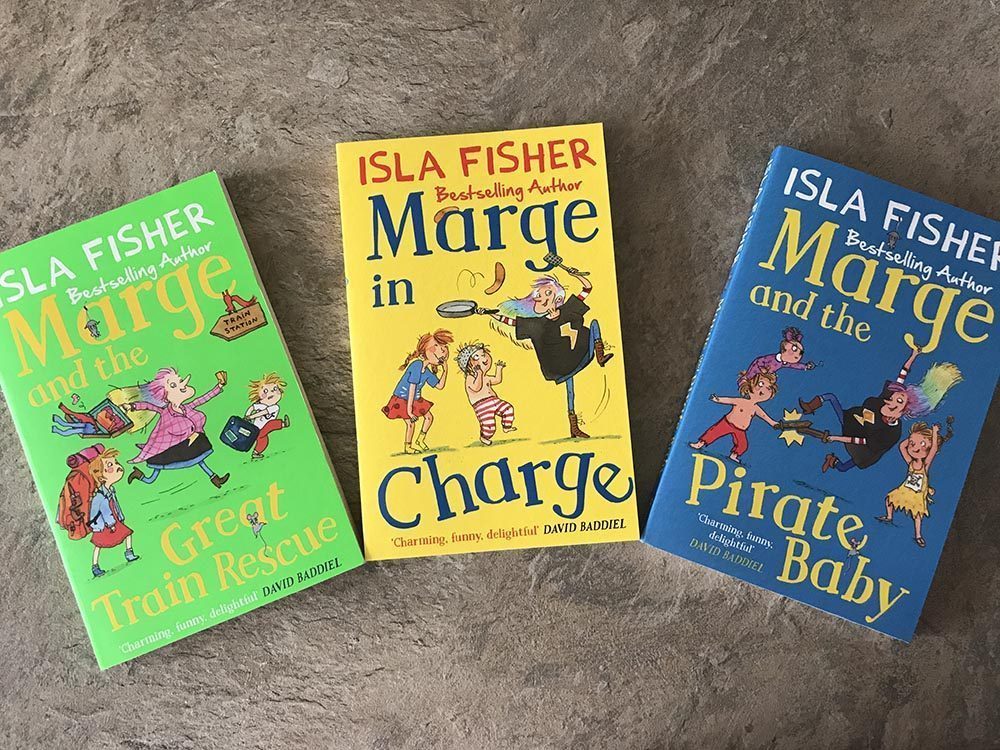
Playful Discoveries: Unleashing the Magic of Quizzes and Games for Kids
This is a collaborative post
In the digital age, the landscape of children’s play has evolved significantly. Interactive games and quizzes have emerged as powerful tools for learning and development, blending education with entertainment.
Photo by Suzy Hazelwood: https://www.pexels.com/photo/miniature-toy-car-on-monopoly-board-game-1422673/
Unleashing the Magic of Quizzes and Games for Kids
The Educational Benefits of Quizzes and Games
The integration of quizzes and games into a child’s learning process offers more than just amusement.
These tools are instrumental in developing various skills that are fundamental to both academic and personal growth.
They create a dynamic environment where learning becomes an active and engaging process.
Enhancing Cognitive Skills
Interactive games and quizzes serve as excellent brain exercises for children. They challenge young minds to think outside the box, fostering critical thinking and problem-solving abilities. For instance, a puzzle game might require a child to apply logic and strategy, enhancing their ability to analyze and solve complex problems.
Memory-based quizzes help in sharpening recall abilities, while reasoning games boost intellectual agility. Such cognitive stimulation is vital for academic success and helps in building a solid foundation for lifelong learning.
Promoting Social Skills
Group games and quizzes offer invaluable lessons in social interaction. They teach children the importance of teamwork, cooperation, and communication. In a team-based game, children learn to work together towards a common goal, understanding the value of different perspectives and skills.
Competitive games, when played in a healthy environment, teach kids about sportsmanship, handling success and failure, and respecting opponents. Such experiences are crucial in developing empathy, emotional intelligence, and interpersonal skills.
Types of Quizzes and Games for Kids
Overview: The spectrum of quizzes and games available today is broad and diverse, catering to a wide range of interests and educational objectives. This variety ensures that there are suitable options for every child, regardless of age or learning style.
Educational Quizzes
These quizzes are specifically designed to align with educational content, covering subjects like math, science, language arts, and general knowledge.
They often employ engaging formats, such as multiple-choice questions, true or false, and fill-in-the-blanks, to make learning interactive and fun.
Educational quizzes can reinforce classroom learning, help in the assessment of knowledge, and provide a fun way for kids to study and retain information.
Interactive Online Games
The online realm offers a vast array of interactive games that combine educational content with playful elements.
These games range from adventure and role-playing to puzzles and simulations, each offering a unique way to learn and explore different concepts. For instance, an adventure game might incorporate historical facts and geographical information, turning a simple quest into a learning journey.
Similarly, simulation games can teach about economics, science, and even life skills in an immersive and engaging manner.
Online Quizzes: A New Wave of Interactive Learning
The advent of online quizzes has opened up new avenues for interactive learning, offering customizable and accessible options for educational engagement.
Best Friend Quiz: How well do your friends know you?
This best friend quiz exemplifies the blend of entertainment and self-discovery that modern quizzes offer. It invites children and teenagers to answer a series of questions about themselves, which their friends then attempt to answer.
This not only fosters a fun and engaging way to learn about oneself and others but also strengthens social connections and understanding.
Such quizzes can enhance self-awareness, promote empathy, and provide insights into personal and social dynamics, all within an enjoyable and relaxed setting.
Board Games: Timeless Tools for Learning
Despite the digital revolution, traditional board games continue to be a valuable educational resource, offering tangible learning experiences and opportunities for family bonding.
Skill Development with Board Games
Board games cover a wide range of skills. For younger children, they can be a tool for learning basic counting, color recognition, and reading.
For older children, they introduce more complex concepts like strategy, resource management, and negotiation. Games like chess enhance strategic thinking and planning skills, while others like Monopoly teach about money management and decision-making.
The tactile nature of board games also helps in developing fine motor skills and hand-eye coordination.
Family Bonding Through Games
In an age where digital devices often isolate family members in their own virtual worlds, board games bring everyone back to the table.
They provide a platform for intergenerational play and learning, where family members can engage in meaningful interactions. These gaming sessions become opportunities for teaching, sharing, and bonding, strengthening family ties and creating cherished memories.
Role-Playing Games: Fostering Creativity and Imagination
Role-playing games (RPGs) stand out for their ability to nurture creativity and imaginative thinking.
They take children on a journey where they can explore different worlds and characters, enhancing various emotional and social skills in the process.
Developing Emotional Intelligence
In RPGs, players often assume the roles of different characters with distinct backgrounds and personalities. This exercise requires them to understand and portray various emotions and viewpoints, thereby fostering empathy and emotional intelligence.
By walking in the shoes of various characters, children learn to appreciate different perspectives and develop a deeper understanding of human emotions and relationships.
Boosting Creativity and Storytelling Skills
RPGs are fundamentally about storytelling. They allow children to create their own narratives, make choices, and experience the consequences of those choices within the game’s context.
This process enhances their creativity, as they have to think innovatively to navigate through the game’s challenges and storylines.
It also sharpens their narrative skills, as they learn to construct coherent and engaging stories, often collaborating with other players to create a shared narrative experience.
Technology and Gaming: The Future of Child’s Play
Overview: The integration of technology into children’s play has transformed traditional concepts of gaming and learning.





